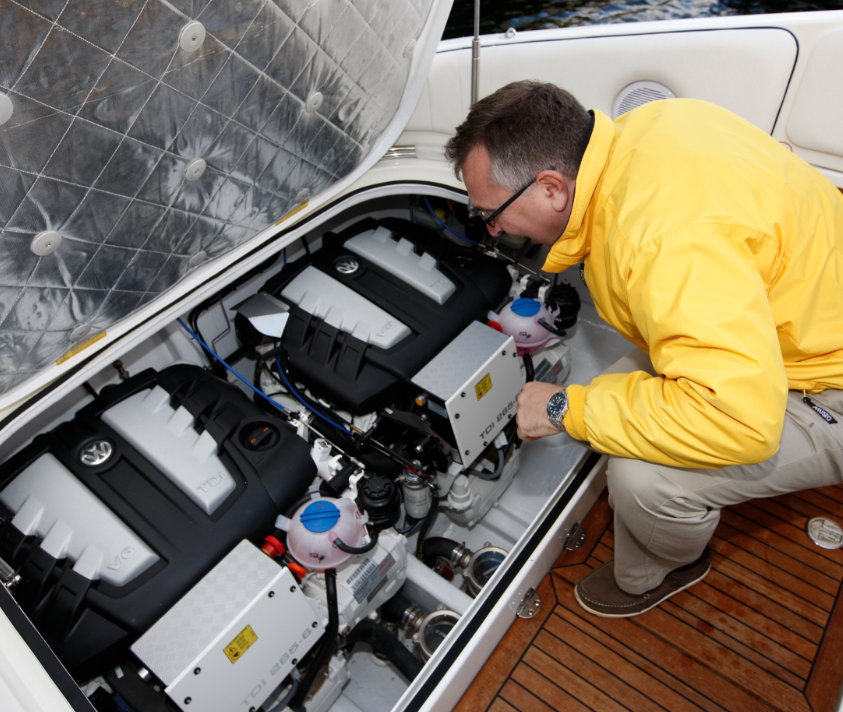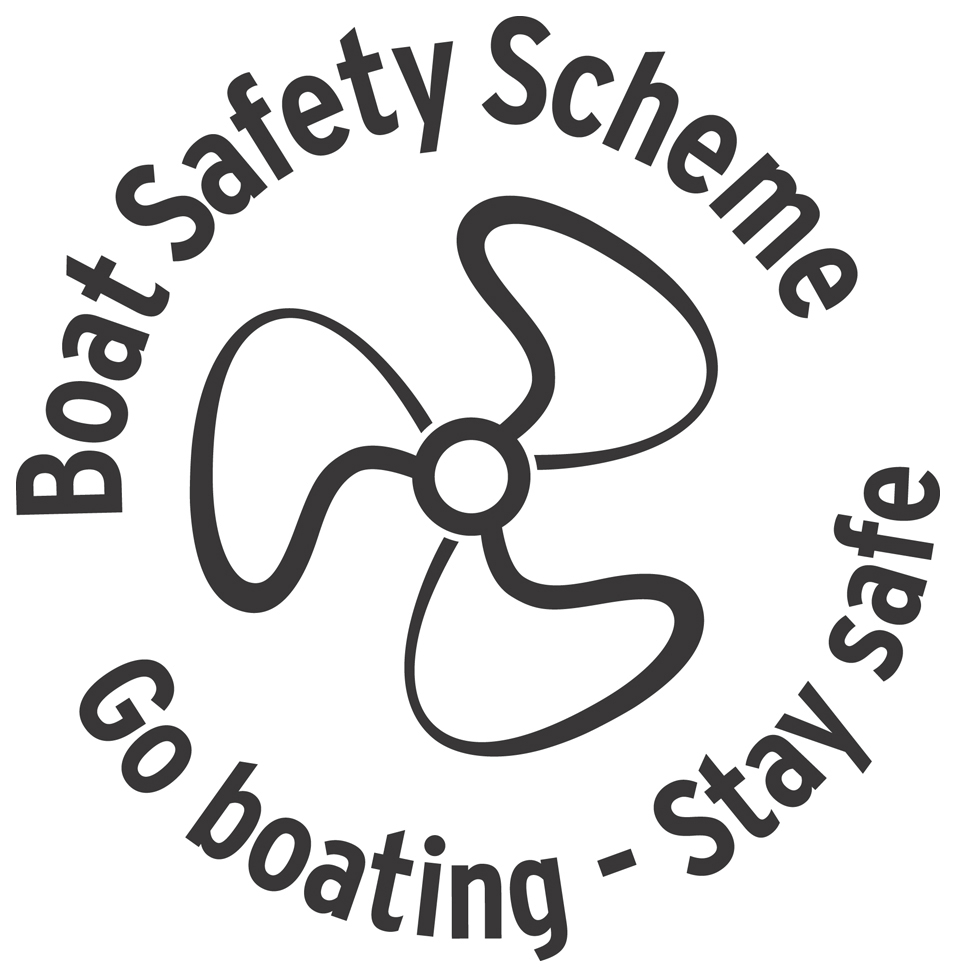7 Tips for avoiding damage to your yacht
Follow these seven tips to avoid and minimise damage to your boat
As a yacht owner, your vessel is your pride and joy, and the prospect of it being damaged doesn’t bear thinking about. Alison Melia, a marine insurance specialist at Insure4Boats with almost 20 years’ experience, advises yacht owners on how to steer clear of damage.
-
Choose where you keep your yacht carefully
If you don’t keep your yacht in a marina, it could be at risk of damage if you’re not on-board – especially if it’s at the mercy of the UK’s weather! However, if you keep it in a marina with fixed berths, your yacht will be less susceptible to damage from strong winds and choppy water.
Plus, if the marina is manned round the clock, there is always someone on-site to potentially minimise any damages and be your point of contact as soon as any damage is discovered.
-
Be careful when sailing in new territory
Having an experienced crew on-board your yacht means that crashes are few and far between. However, it’s often what you can’t see that does the greatest harm. This is why damage to yachts is often caused by collisions with underwater objects such as a rock bed or corals.
Collisions can also be attributed to unfamiliar surroundings, so Melia recommends doing your research before setting sail: “Make sure your captain has prior knowledge of the area you’re sailing in. If it’s not a commonly used path, it’s possible there could be a lot of underwater obstacles that could end up damaging your yacht.”
-
Look out for smaller vessels
It’s not just underwater objects that cause collisions – crashes with other boats are another potential risk. Although larger boats can cause the most damage, don’t underestimate the damage that jet skis and motorboats can cause.
The most common collisions involve smaller vessels, as they travel at a faster speed and often hide in yachts’ blind spots. Melia advises that, even if you or your captain can’t see a boat that could be of risk, double check again and look for the wakes of smaller vessels to get a sense of any boats or jet skis that could be nearby.
-
Prepare for bad weather
If you’re planning to set off on a voyage, but the same-day weather forecast predicts a nasty storm coming your way, saving your trip for another day is the best thing to do.
What’s more, even if you’ve left your yacht in the marina until the weather improves, harsh weather can still have a damaging effect. If a nasty storm is predicted, Melia recommends un-stepping your mast and using strong mooring line to stop your yacht from being potentially blown over.
Melia also suggests speaking to your marina neighbours: “Just because you’ve taken the necessary weather precautions doesn’t mean that your neighbours have. If they’ve not secured something down properly – it puts your boat at risk too, so keep an eye out for anything your neighbouring boats have missed.”
-
Keep vandals at bay
Unfortunately, there are vandals out there who might set out to purposely damage your vessel. The good news is, just a few simple precautions can deter them from even trying.
Having secure storage is one of the best deterrents against opportunistic vandals. For example, if you choose to keep your yacht in a marina when you’re not using it, opt for one with such security features as 24-hour security, CCTV and a key card system. This will ensure vandals struggle even to get close to your yacht, let alone actually damage it.
-
Inspect your boat regularly for fire hazards
In smaller boats, fires which cause a substantial amount of damage are becoming increasingly rare, especially with the sophisticated fire alarms and detection systems on the market. However, in yachts, fires are a real risk, and the damages are a lot more expensive.
So why are major fires seemingly more common on yachts? Melia explains: “The vessels are bigger, meaning the engines are too. These factors, combined with additional electronics and appliances on-board and the need for constant maintenance, increases the chances of a potentially major fire taking place.”
To keep your yacht as fireproof as possible, you must have high-quality fire detection systems in place. Also, make sure your yacht’s crew has undergone fire safety training so they get the opportunity to drill in a simulated fire situation. This way, they can act quickly to try and limit the damage that’s done.
-
Don’t boat under the influence
Most of us go boating to escape the pressures of life on land and enjoy the freedom that it brings. However, it’s important to enjoy this freedom responsibly. Though it might be tempting to enjoy a relaxing alcoholic drink while on board as part of this, sipping a beer or two on deck and driving your yacht is a big no-no.
Although there are no national laws against recreational boaters navigating on water while under the influence of alcohol, Melia strongly recommends avoiding alcohol at all costs: “Not only is it extremely dangerous, but most boat insurers will exclude any claims made while sailing under the influence.”
Essential engine checks: Handy tips to make the job easier
Discover the engine checks you need to in order to keep her ticking over nicely
Boat safety checks
Kitting your boat out with the full safety rig isn't cheap, but for the peace of mind that you and…
Proposed Boat Safety Scheme (BSS) requirements for carbon monoxide alarms approved
Following a consultation, BSS Management Committee has decided that new BSS requirements for carbon monoxide (CO) alarms on boats will…












